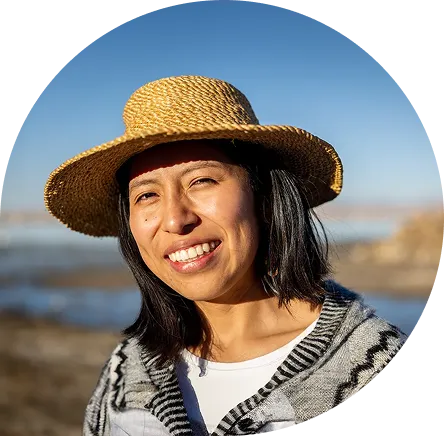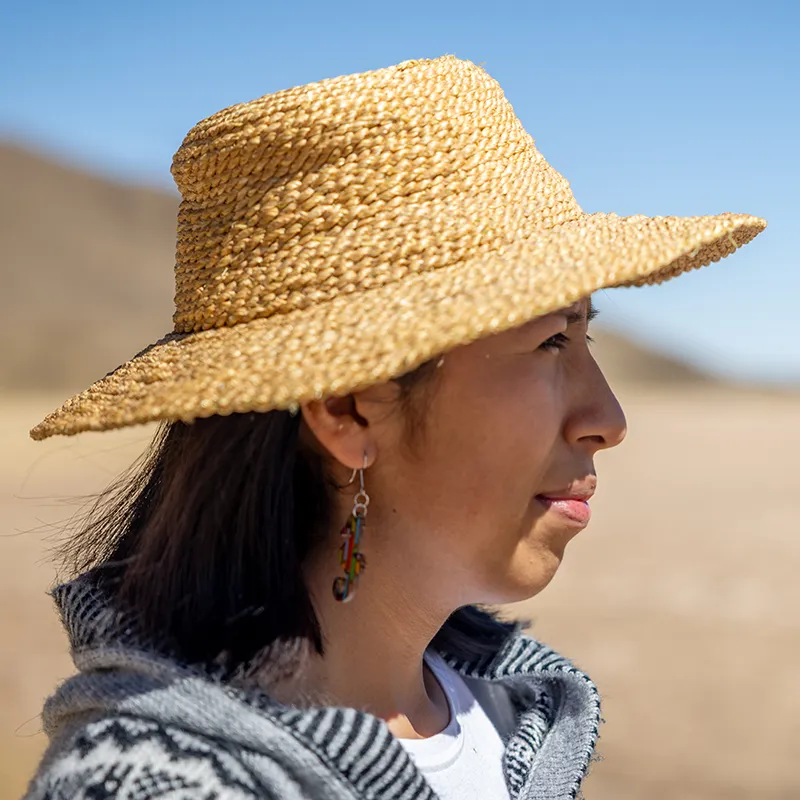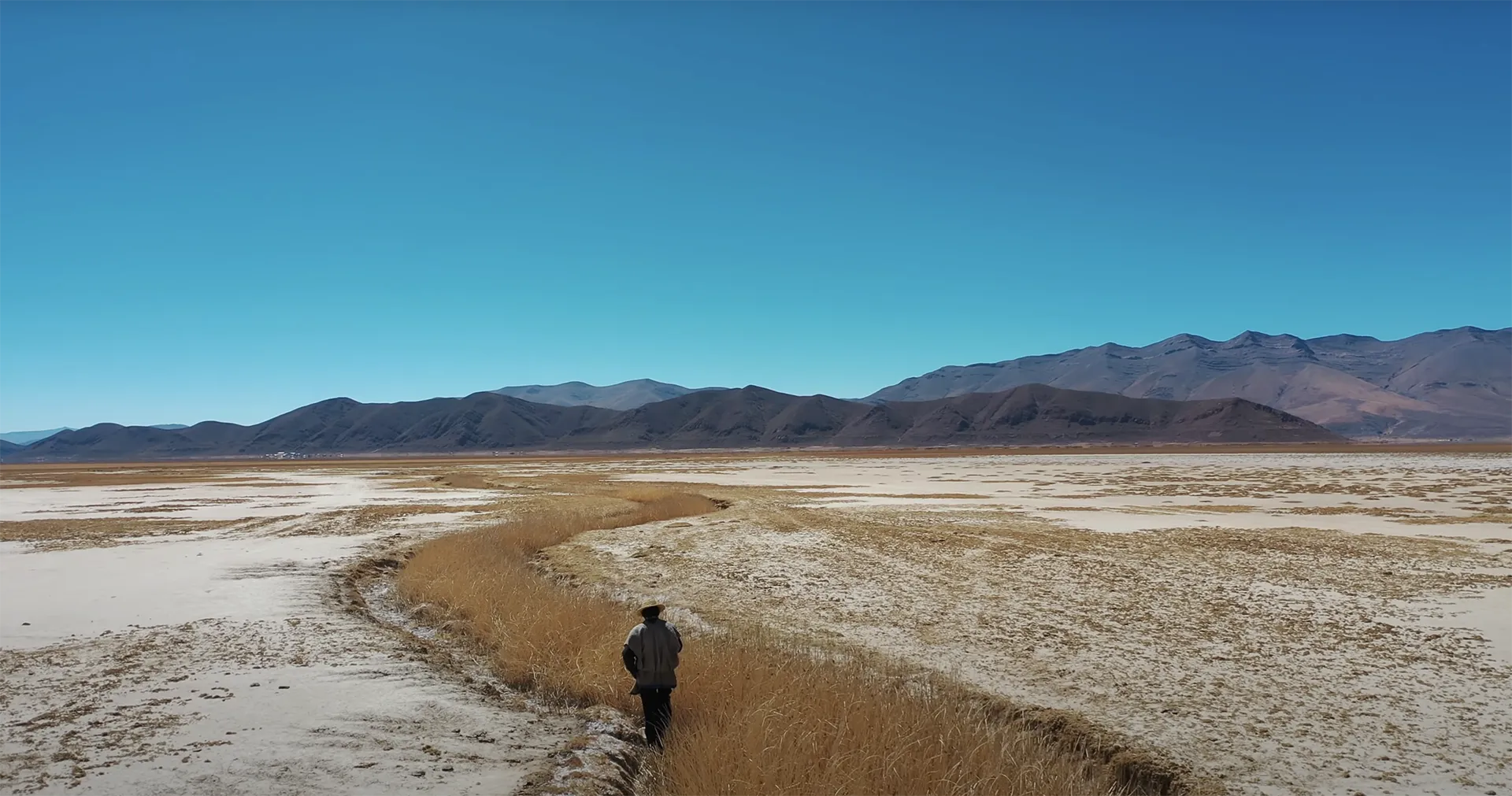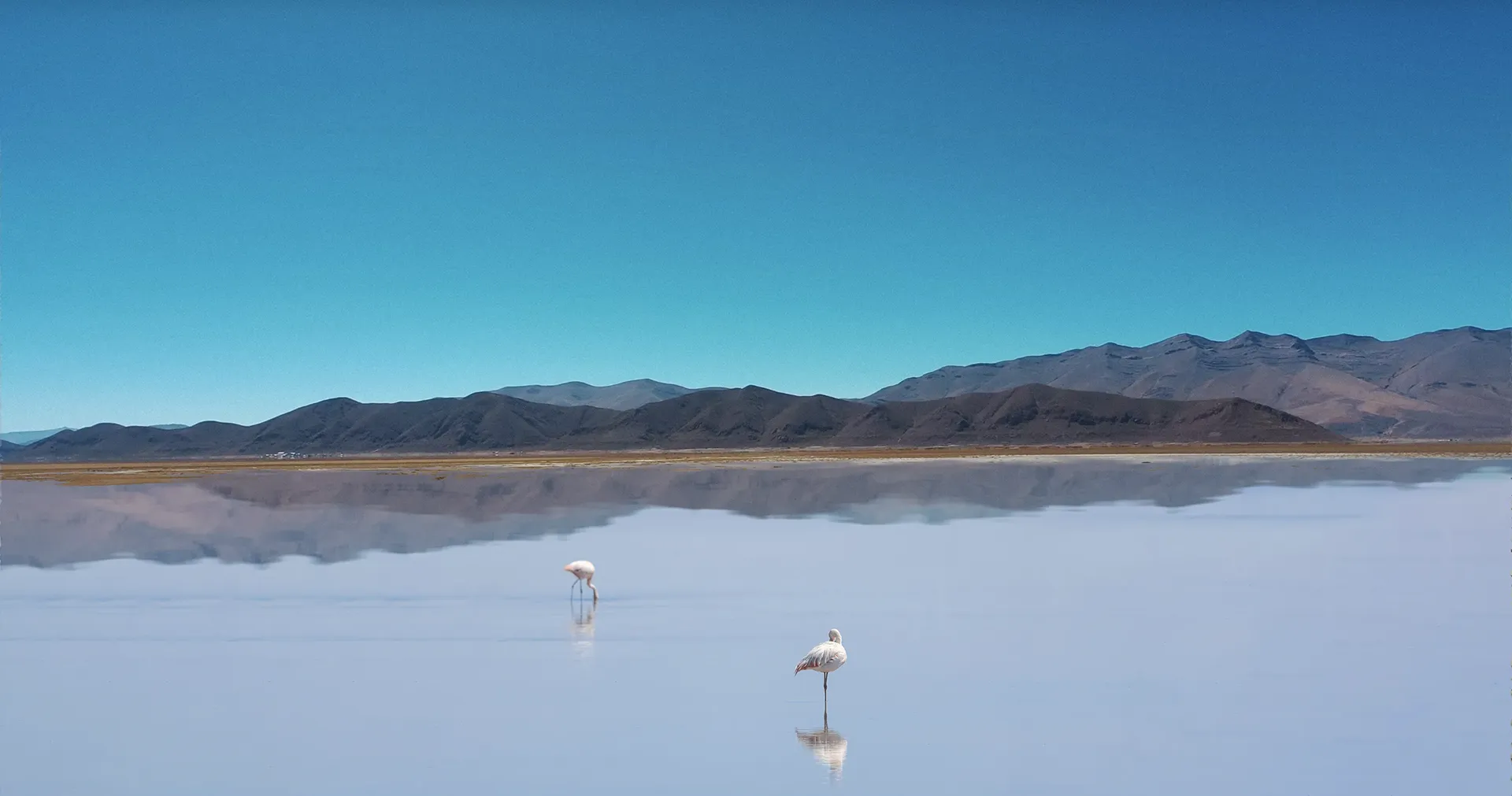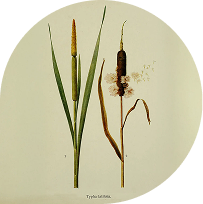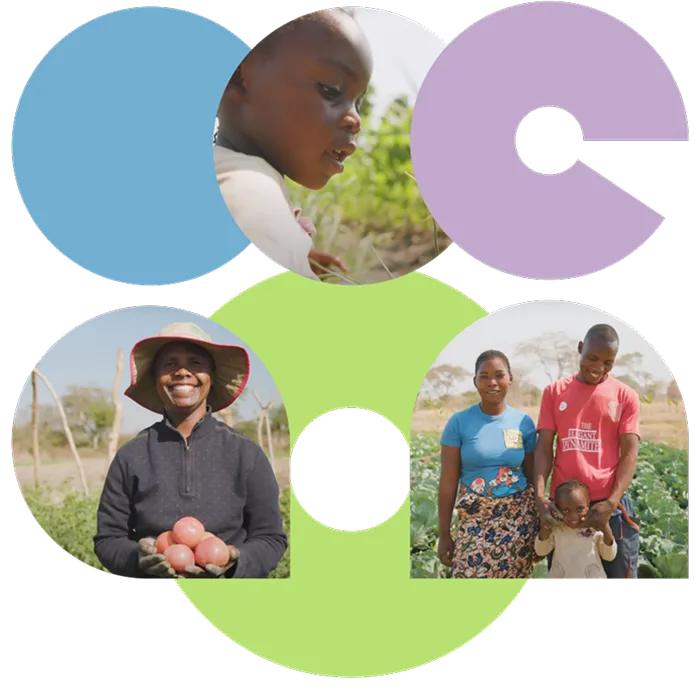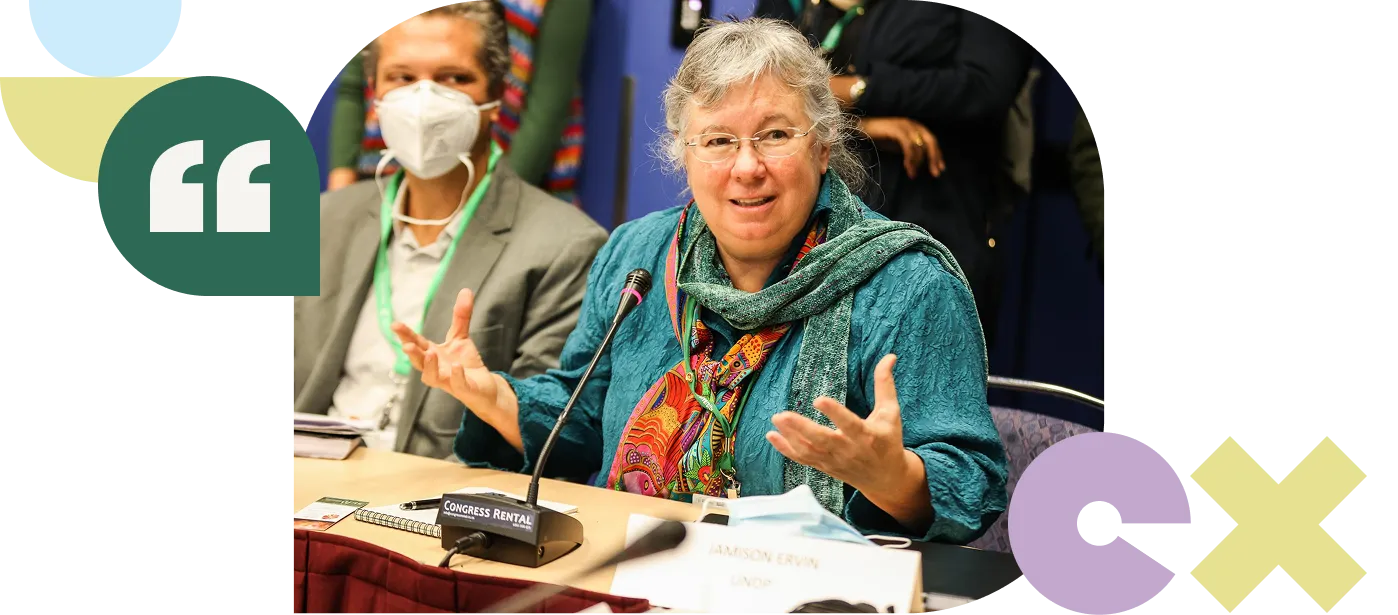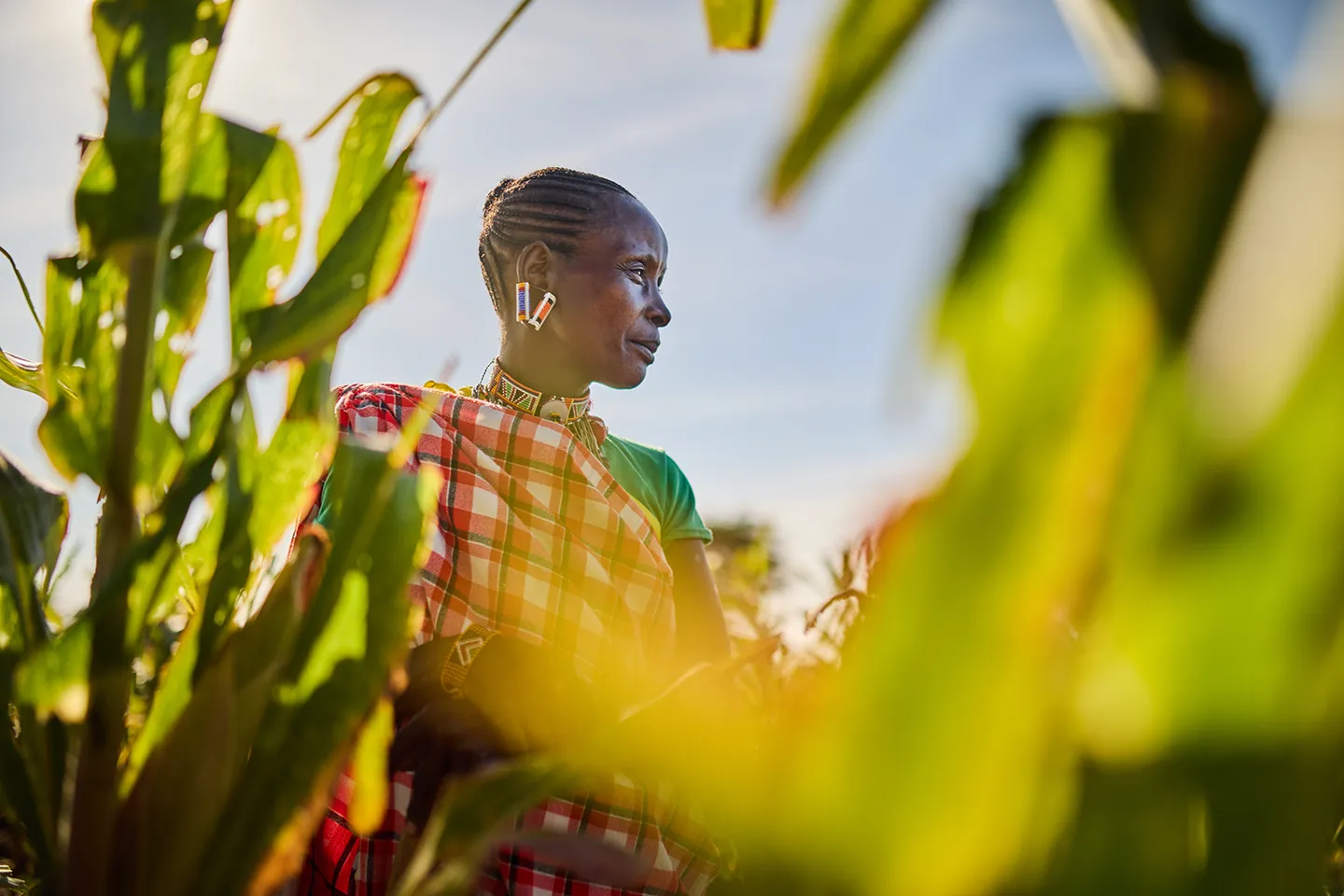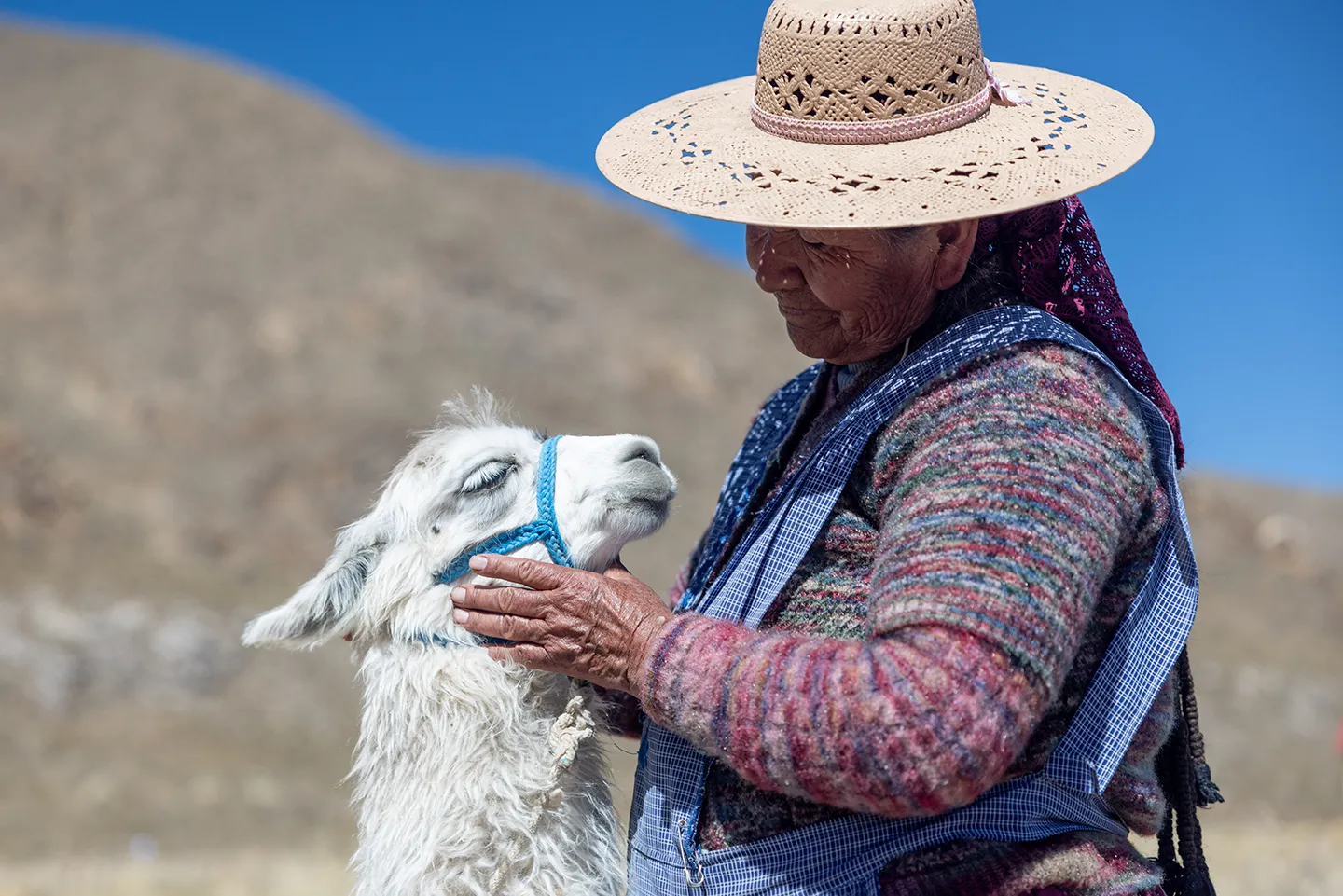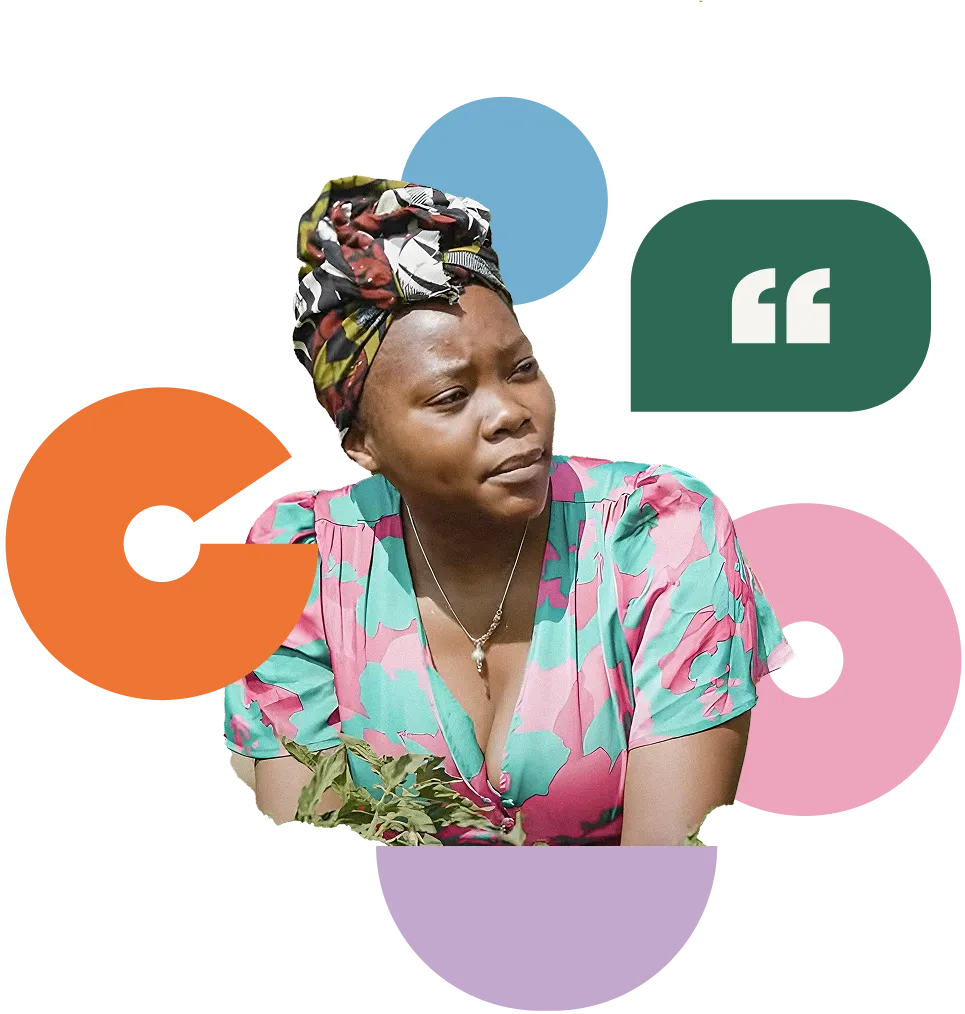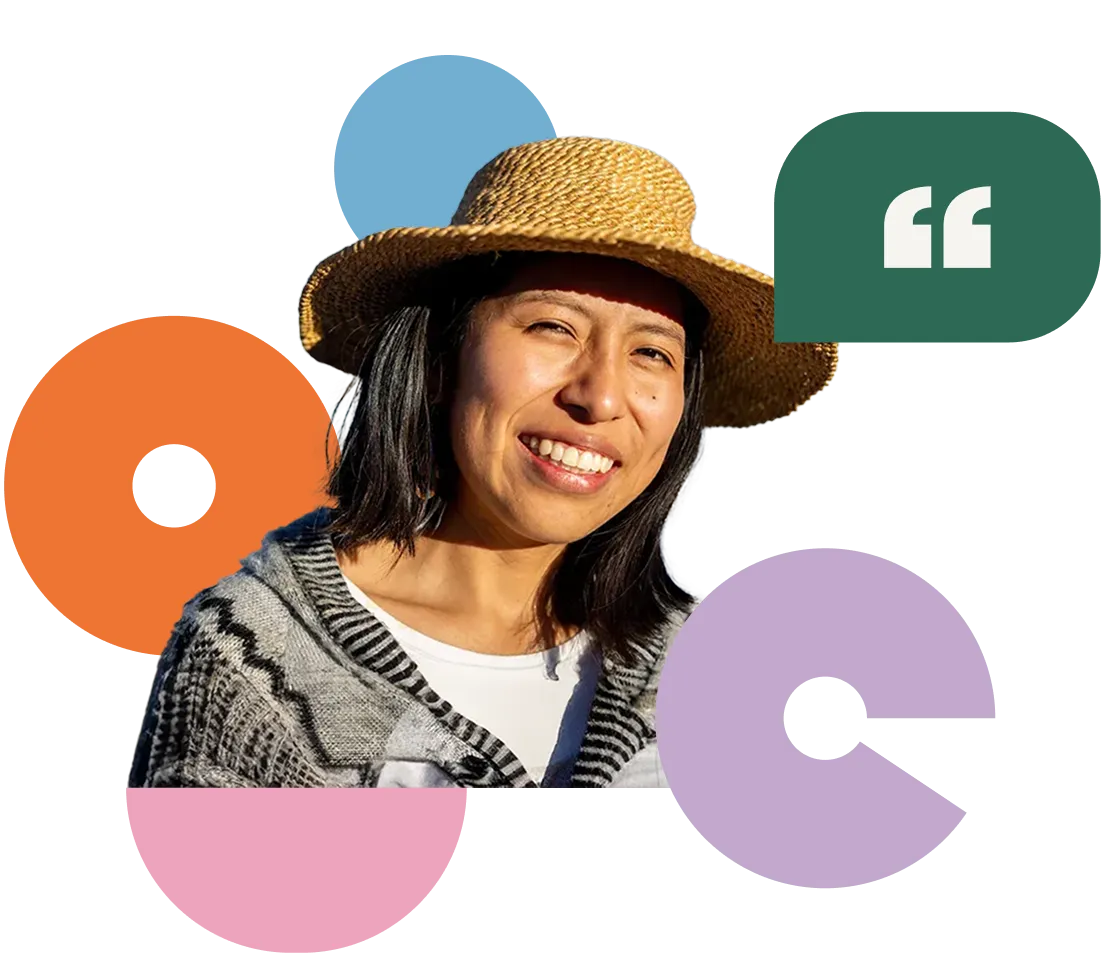Listening to those who listen to nature
Kenya The Nashulai Maasaai Conservancy is addressing the root causes of both poverty and wildlife destruction. Nashulai means the place where the soul of nature meets the spirit of the people.
“When I leave my house, I am surrounded by the love of nature, the sounds of nature, the wildlife around me, and the open blue skies. When this happens, I feel that Mother Nature is smiling at me, giving me instructions, and telling me that I owe that space to future generations. It becomes my moment of obligation.”
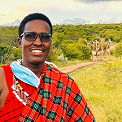
Nelson Ole Reiyia
Nashulai community member
Micronesia Communities are returning to tradition to protect their reefs, waterways and forests and by becoming self-sufficient in food.
“We maintain our own resources and teach it to our children and regenerate our environment.”
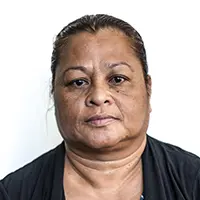
Wenifred G Faimau
Tamil Resources Conservation Trust
Indonesia For more than 40 years the Dayak Iban Sungai Utik Long House in Indonesia had been fighting for the rights to their ancestral lands. These were recognized by the government after they won the Equator Prize in 2019.
“We depend on our customary lands and forest. Our culture depends on it. For arts, for fruits, for water. For fields, for wood, all of it is there.”
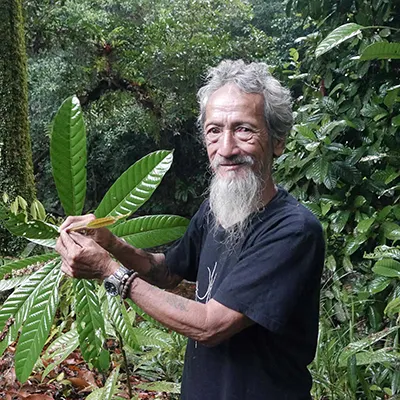
Bandi (Upai Janggut)
Sungai Utik Long House
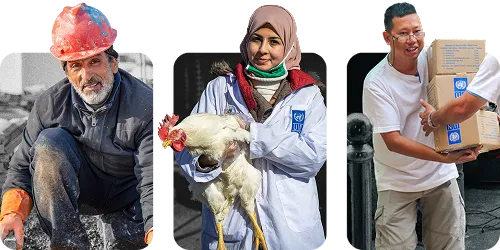













 Bolivia
Bolivia